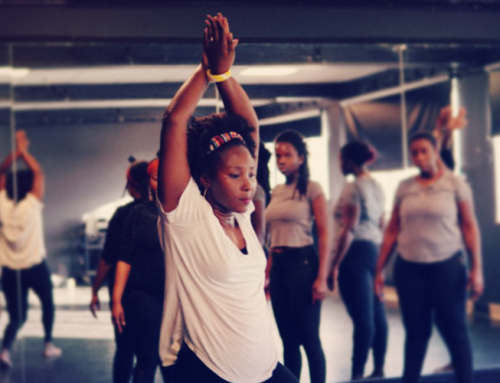4 HAITIAN CREOLE WORDS FROM THE COLONIAL PERIOD
Slavery in Haiti lasted more than three centuries. It started at the beginning of the 16th century and on January 1, 1804, the First Free Black Republic of the world was born. The colonial-era greatly affected the nation politically, economically and socially. It left its marks which are also present in Haitian vocabulary. Many words and expressions that we use often in Creole come from this period.
______________________________________________________
Here are 4 words in Haitian Creole that originate from the colonial period:
1. LAKAY

On a plantation, the slaves lived in houses called huts cases. Daily life was strictly regulated. Every morning, the slaves leave their huts, group themselves and go to work together. Only after a long day of work, were they allowed to go back to their hut; It was their shelter. The hut - a «case» in french - became «lakay» which means home.
2. BOSAL

A slave was said to be Créole when he was born in the colony, spoke a language close to one of his owners, was baptized in the Christian religion, etc. A slave was said to be Bossale (originate from the Spanish word: bozal meaning muzzle) when he was born in Africa. He was recently brought on the «new continent», spoke his own language or African dialect, and had his own spirituality. Because they have undergone the hard crossing and the uprooting, these slaves were considered to be less submissive and disciplinable. In creole, the word «bosal» means among other words brutal, violent, no finesse.
3. MAWON

A slave marron (a word of Spanish origin "cimarrón") was a slave who had run away. He usually ran away and hid in the mountains, forests or other hard to reach places. Today, the word mawon is used to refer to a person or to the action of hiding in order to be unreachable. For example, if a person owes you money and avoids you and makes sure not to run into you, we say that this person is "mawon".
4. I AM SORRY FOR THIS SWEAR WORD: GET MANMAN W

There are several theories about the origin of this insult. Here is the most popular one. In its long form, "kolanget manman w" would be translated by this expletive: "may the colonist watch your mother". Indeed, rape was common on the homesteads. Slaves were considered as property. The masters had life or death right on their property. They could watch out for and dehumanize whomever they wanted. Personally, I would never wish this to my worse enemy.
Did you know these words and their origin?
Let me know if you know any other words in Haitian Creole that come from the colonial era.
To learn more aboutHaitian History or on Haitian CreoleRegister now for one of our dynamic and conversational courses!






Facebook Comments